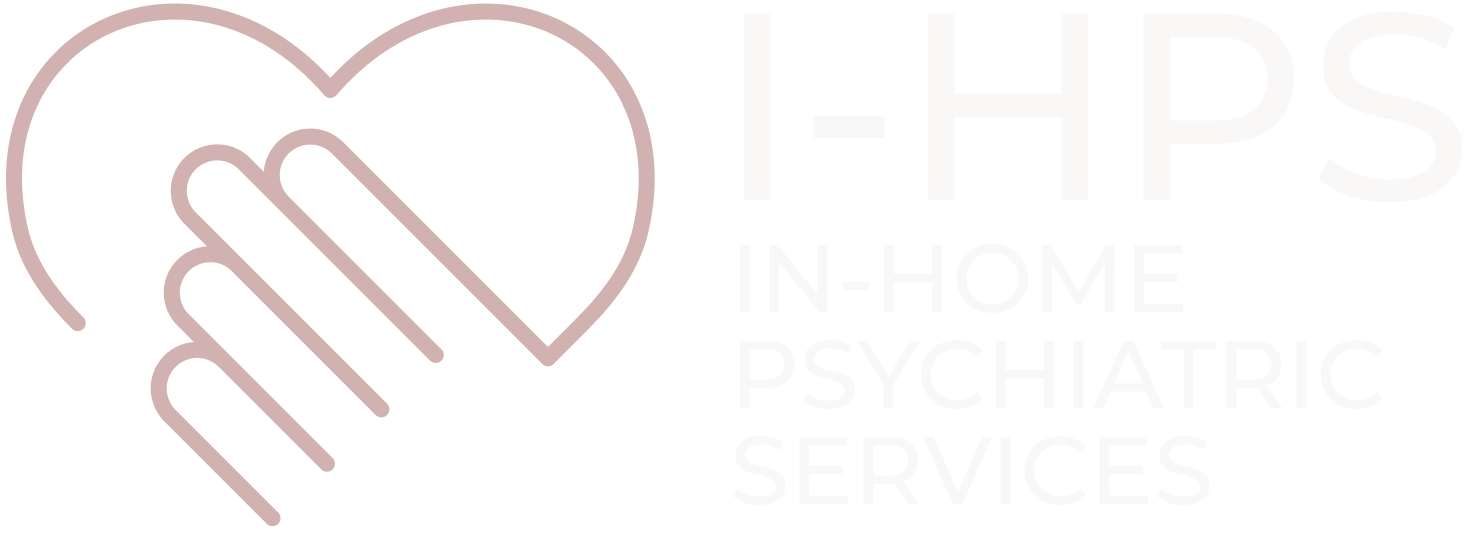Supporting Children and Adolescents Facing Mental Health Challenges: A Comprehensive Guide
Mental health is often seen as an adult issue, but the reality is that children and adolescents are not immune to mental health challenges. In fact, one in five children in the United States struggles with a mental health disorder each year. Despite the prevalence of these issues, mental health care for young people is often overlooked or underutilized. As a result, children and adolescents may suffer in silence, and their emotional struggles may only worsen as they grow older.
At In-Home Psychiatric Services (I-HPS), we believe that addressing mental health early on is critical to fostering a healthier future for our children. By offering specialized care for young people facing mental health challenges, we are committed to providing the support they need to overcome obstacles and lead fulfilling lives. This article will explore the most common mental health challenges faced by children and adolescents, the importance of early intervention, and how I-HPS can help families navigate these difficult times.
The Prevalence of Mental Health Issues in Children and Adolescents
Mental health issues are far more common in children and adolescents than most people realize. According to the National Institute of Mental Health (NIMH), approximately 17% of children between the ages of 3 and 17 have been diagnosed with a mental health disorder. These disorders can range from anxiety and depression to attention-deficit hyperactivity disorder (ADHD), autism spectrum disorder (ASD), and conduct disorders.
Some of the most common mental health issues faced by young people include:
- Anxiety: Children and adolescents often experience heightened stress and worry, which can lead to anxiety disorders. Symptoms may include excessive worry, restlessness, irritability, and physical complaints like headaches or stomachaches.
- Depression: Depression in children and teens can manifest as sadness, irritability, lack of interest in activities, changes in sleep patterns, and difficulty concentrating. In severe cases, depression can lead to thoughts of self-harm or suicide.
- Attention-Deficit Hyperactivity Disorder (ADHD): ADHD is one of the most common neurodevelopmental disorders in children. It is characterized by symptoms such as inattention, hyperactivity, and impulsivity, which can affect a child’s academic performance, relationships, and overall well-being.
- Autism Spectrum Disorder (ASD): ASD is a developmental disorder that affects a child’s social skills, communication abilities, and behavior. Children with autism may have difficulty understanding social cues or may engage in repetitive behaviors.
- Conduct Disorders: Conduct disorders are characterized by persistent patterns of behavior that violate societal norms and the rights of others. Symptoms may include aggression, deceitfulness, theft, and destruction of property.
It’s crucial to understand that mental health disorders in children and adolescents don’t just affect the individual; they also impact families, schools, and communities. Left untreated, these conditions can interfere with a child’s development, hinder their academic performance, and strain relationships with peers and family members.
The Importance of Early Intervention
Early intervention is key to helping children and adolescents overcome mental health challenges. The earlier a mental health issue is identified and addressed, the more likely a child is to experience positive outcomes. Early treatment can help reduce symptoms, improve coping skills, and prevent the condition from worsening over time.
Unfortunately, many parents and caregivers may not recognize the signs of mental health issues in their children, or they may dismiss the symptoms as “just a phase.” This delay in seeking help can lead to more serious problems down the road. In some cases, untreated mental health disorders can contribute to academic failure, substance abuse, and even suicide.
One of the biggest challenges when it comes to addressing mental health in children is the stigma that still surrounds the topic. Many people mistakenly believe that mental health issues are a sign of weakness or that children should simply “snap out of it.” These misconceptions can prevent families from seeking help, leaving children to struggle in silence.
At I-HPS, we aim to break down these barriers by providing compassionate, professional care for children and adolescents. We understand that mental health challenges can be overwhelming, and we are here to help guide families through the process of seeking support and treatment. Our team of specialists is trained to work with young people and their families to develop a customized plan that addresses their unique needs.
The I-HPS Approach to Children’s Mental Health
At In-Home Psychiatric Services, we take a personalized, holistic approach to treating mental health disorders in children and adolescents. We understand that each child is unique, and their treatment plan should reflect that. Our team of licensed therapists, psychiatrists, and psychologists work together to provide a comprehensive approach to care.
Here’s a look at the steps involved in our process:
- Assessment: The first step in providing effective mental health care is conducting a thorough assessment. This involves gathering information from the child, their family, and any other relevant sources, such as teachers or school counselors. We evaluate the child’s emotional, social, and behavioral well-being, as well as any symptoms they may be experiencing.
- Diagnosis: Based on the assessment, we work to identify the specific mental health condition affecting the child. This may include anxiety, depression, ADHD, or any number of other disorders. A clear diagnosis is essential for developing an effective treatment plan.
- Personalized Treatment Plan: Once a diagnosis is made, we work closely with the child and their family to develop a treatment plan that addresses their specific needs. This may include therapy (such as cognitive behavioral therapy or play therapy), medication management, and support for parents and caregivers.
- Ongoing Support: Treatment doesn’t end after a few sessions. At I-HPS, we offer ongoing support to ensure that the child continues to make progress. This includes regular follow-up appointments, adjustments to the treatment plan if needed, and support for the family as they navigate the challenges of raising a child with a mental health condition.
- Family Involvement: Mental health care is not just about the child—it’s about the whole family. We work closely with parents and caregivers to ensure they have the tools and resources they need to support their child’s mental health. Family therapy and parenting support are important components of our approach.
- School Collaboration: We also collaborate with schools to ensure that the child receives the necessary support in the academic setting. Teachers and school counselors play an important role in helping children succeed, and we work with them to create an environment that fosters growth and well-being.
How I-HPS Can Help
At I-HPS, we recognize the importance of mental health care for children and adolescents. We are committed to providing compassionate, individualized care that helps young people thrive. Our team of professionals is here to support your child and your family every step of the way. If you are concerned about your child’s mental health, don’t hesitate to reach out. Together, we can create a plan that works for your family and helps your child achieve their full potential.
In conclusion, mental health challenges in children and adolescents are common, but they don’t have to define a young person’s life. With the right care, early intervention, and ongoing support, children can overcome obstacles and lead healthy, fulfilling lives. At I-HPS, we are dedicated to providing the specialized care that children and adolescents need to succeed—mentally, emotionally, and socially. Reach out to us today to learn more about how we can support your child’s mental health journey.

